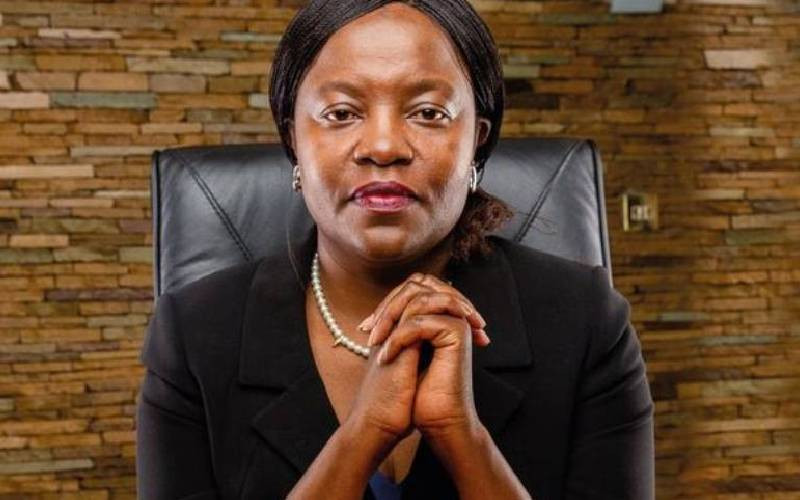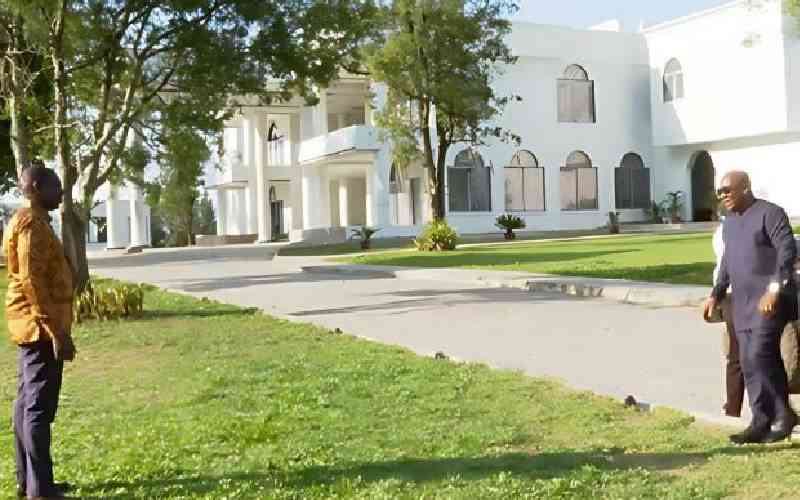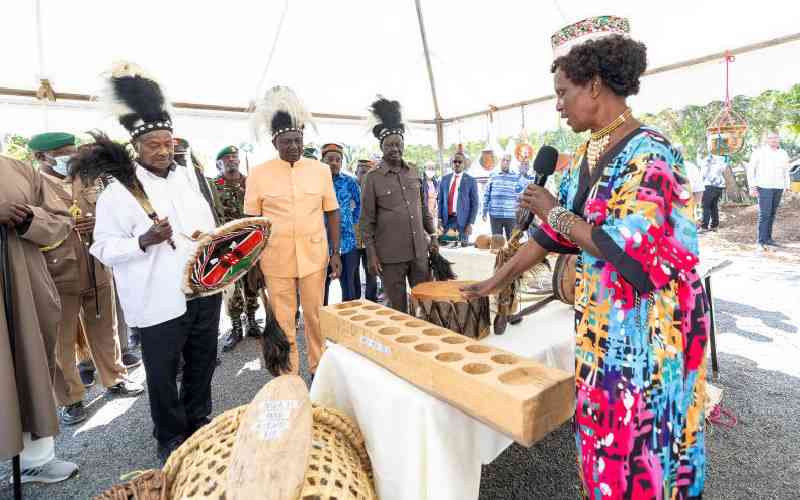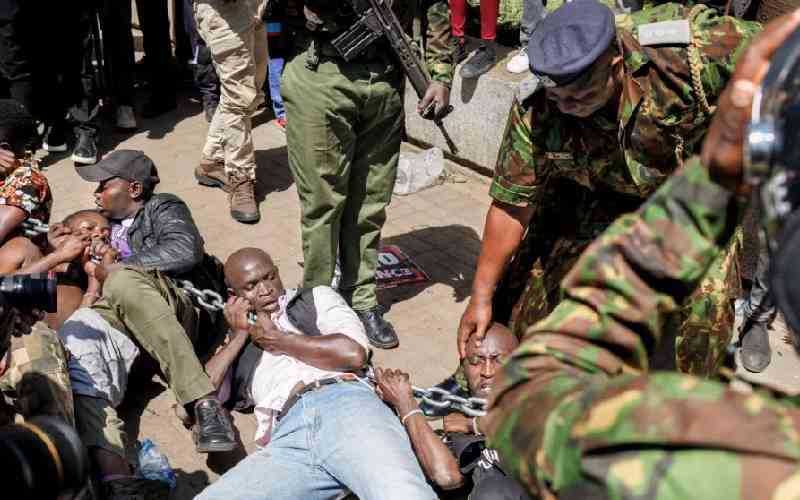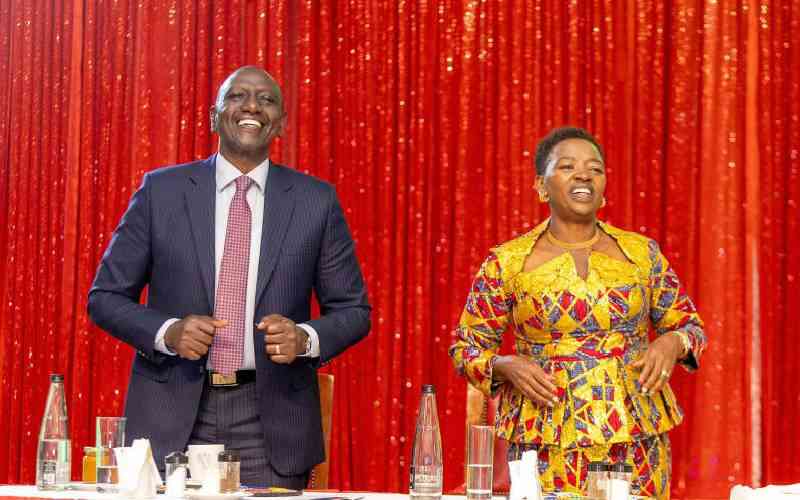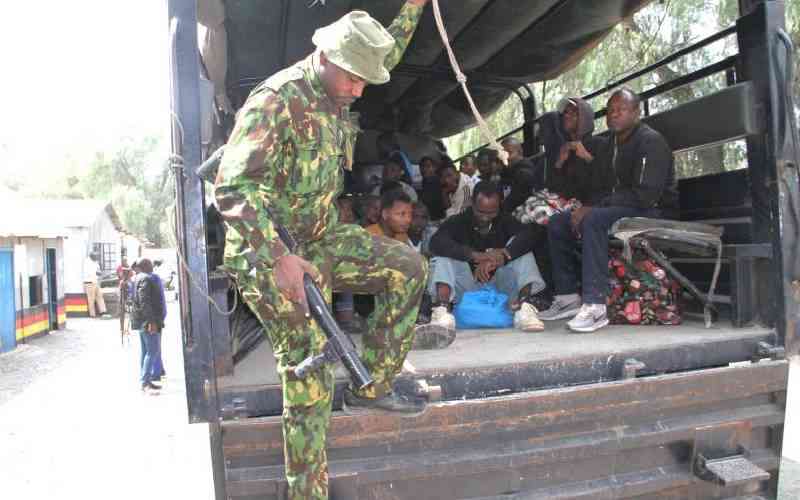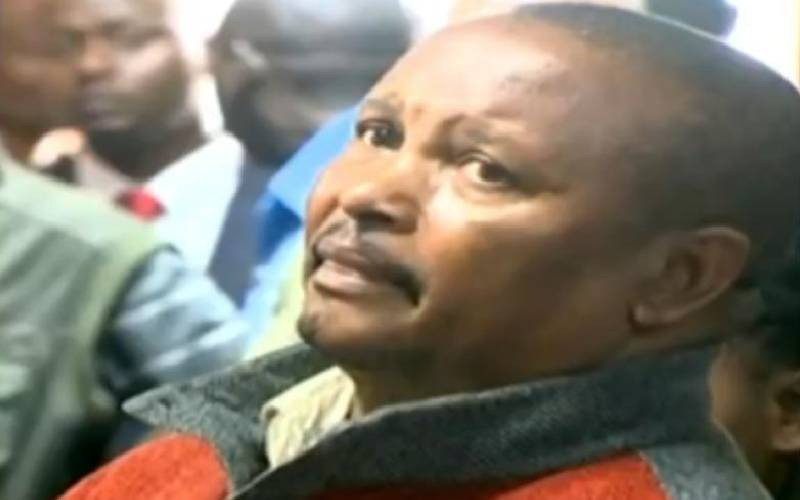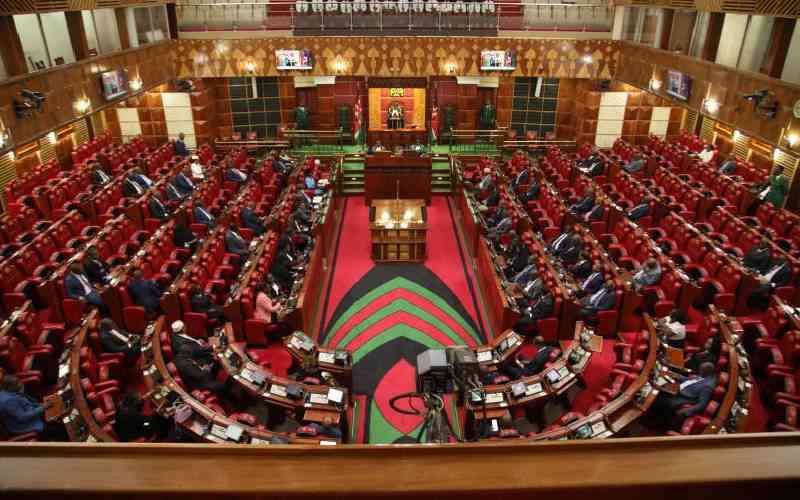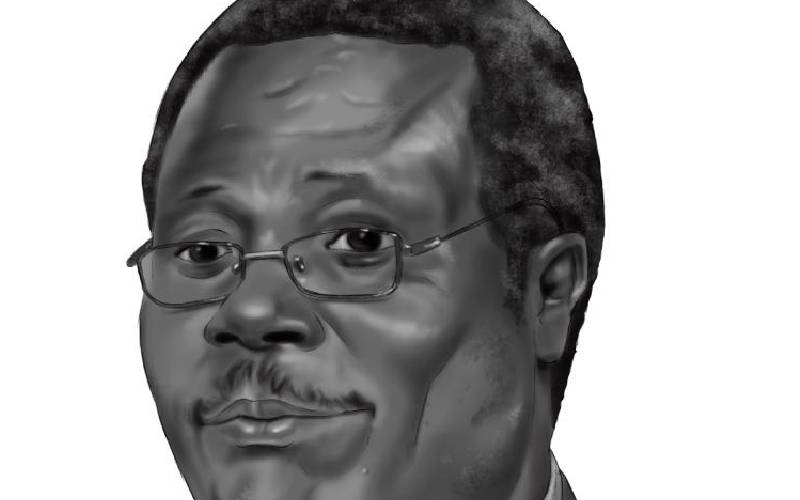
In Eastern Africa, Tanzania is the largest state in terms of geographical, demographic, and ideological size. Its internal conflicts, especially between the mainland and the islands of Zanzibar and Pemba, are intense despite effort to present a unified image.
It is culturally influenced by three extra-continental forces that ruled Africans over time. These are the Omani Arabs, the Germans as creators of the colonial state, and the British as colonial custodians on behalf of the League of Nations mandate and the United Nations trusteeship.
The African inheritors of that colonial state in 1961, led by Julius Nyerere, struggled to recreate that colonial state while remaining true to Arab, German, and British heritages. They laid the foundation of what became entrenched as ‘deep state’ within the union of Tanganyika and Zanzibar, Tanzanian, governance culture after the 1967 Arusha Declaration.
At any one time, explained Daudi Balali in Kiswahili, deep state comprises roughly 50 ‘Waundaji na Waendeleza Taifa’, meaning those who make and run the nation. It takes time to entrench itself and has capacity to create and destroy ‘leaders’. It is like ‘jini’, powerful, pervasively present, and mostly invisible. This ‘deep state’ in Tanzania captured attention with President Samia Suluhu Hassan.
It started with Nyerere, an idealist who tried to turn idealism into reality called ‘Ujamaa’ only to falter on the table of human reality. In eagerness to create reality, Nyerere trampled on intellectual freedoms so much that Ali Mazrui at Makerere accused him of intellectual cannibalism. Although Nyerere, an admirer of Mazrui’s intellect, defended himself and denied he was a ‘cannibal’, the accusation was hard to ignore especially when Dar es Salaam developed into an ideological centre driven by Nyerere’s socialistic ideals, often in big contrast with Kenya’s ‘African socialism’ that was capitalism with ‘Kenyan characteristics’.
The centre produced such intellectual giants as Walter Rodney, the historian, whose main two achievements was to publish a powerful book that forced rethinking history and, in a public debate, to damage Mazrui’s intellectual dominance in Africa. Thereafter, Nyerere’s Tanzania combined purported ideological purity and the hardships associated with the realities of Ujamaa hardships. There developed ‘true believers’ in that ‘purity’, entrenched in the Chama Cha Mapinduzi (CCM) power structure, who became the custodians of the ‘purity’ that constitutes the ‘deep state.’
In general, the deep state is powerful within its own state but it runs into troubled waters when confronting the ‘international’ deep state. This is what confronted Nyerere in the 1980s when he realised that his control of the Tanzanian state could not withstand the pressures of the international players who had changed tune and had turned hostile to their ‘friends.’ His imprint in Tanzania, it became clear, was in promoting ‘ujamaa’ as national ethic’ and thereby creating a sense of national ‘utu’ that minimised ethnic identities. The CCM and his writings were to guide on what that ujamaa should be. Admitting failures to his transformative experiments in political economy, Nyerere left leadership in 1985 but continued to influence decisions on who became leader.
Deep influence
This deep influence was open in 1995 when Nyerere’s successor from Zanzibar, Ali Hassan Mwinyi, retired and the competition for presidency was stiff. The transition to Mwinyi, nicknamed ‘Ruhusa’, was smooth and pre-arranged seemingly to give Zanzibar a sense of state ownership. Mwinyi mounted an effort to liberalise the economy and politics from Nyerere’s ideological rigidity and accepted the IMF structural Adjustment Programme that cut ‘socialistic’ subsidies to the people. And then the political space opened up to allow other parties to compete for power but decision making remained essentially a CCM affairs.
As Mwinyi exited the presidential scene in 1995, there was stiff competition as several Nyerere colleagues and protégés in Tanu and CCM wanted the job. These included Pius Msekwa, Salim Ahmed Salim, Edward Lowassa, Joseph Warioba, John Malecela, Benjamin Mkapa and Jokaya Kikwete. Warning against mistaking friendship, someone to drink tea with, and national leadership, Nyerere’s influence sidelined some contenders who later joined new parties.
There was close contest between Mkapa and Kikwete and Nyerere’s weight favoured Mkapa. Kikwete, the younger man, had to wait his turn for 10 years while serving as Foreign minister. When his time was up, Mkapa favoured Kikwete who, after 10 years, endorsed John Pombe Magufuli against other contenders. Magufuli was Mkapa’s and Kikwete’s 2015 candidate and that was it; deep state had decided. In all this, Tanzanian leadership is decided in the context of the CCM as the custodian of the deep state and other challengers pale in the contest.
As a product of the deep state, Magufuli felt free to do as he pleased. He tried reviving the Nyerere aura in centralising power and championing ‘resource nationalism’, but he lacked Nyerere’s ideological clarity. He wanted Tanzania to catch up with Kenya in terms of economic performance and ended up provoking Kenya by harassing ministers, ‘arresting’ cows and chicken, ridiculing Kenya’s anti-corona policies and closing borders.
He was unique in bull dozing his way and in defying common sense in dealing with neighbours and such extra-continental forces as the global corona outbreak. He denied that Covid-19 was real and virtually forced Tanzanians to ignore protective steps. Few in Tanzanians dared to point out things were not good and those who did, like Zanzibar’s Maalim Seif Sharif Hamad, found themselves in jail.
Total control
Stay informed. Subscribe to our newsletter
Similarly, the chairman of the main opposition Chadema, Freeman Mbowe, lost his ‘freedom’ in Dar es Salaam’s Segera prison. The media’s ability to report eroded in the 2016 Media Services Act. Magufuli appeared to have total control.
Since he seemingly had total control, the handling of his death in March 2021 became a lasting deep state mystery even as VP Samia Suluhu assumed the presidency. Poor communication management about the fate of the president made officials give conflicting statements that simply added to the mystery of the deep state. Magufuli had made her the first woman vice-president and she knew her place, never questioning or attempting to shine like the boss. She is a product of CCM, imbibes CCM ethos, and rose up the CCM power structure. Around her were such men of power as Prime Minister Kassim Majaliwa, Foreign minister Augustine Mahiga, and Defence minister Hussein Mwinyi. And Majaliwa did not seem to know what was going on as he issued inaccurate statements.
Suluhu, having to confront deep state, found it necessary to assert her authority as President within the country and the CCM. Besides reshuffling the Cabinet, she embarked on putting her stamp, released prisoners, announced media liberalisation, talked of defending freedom and inclusivity, and appointed a coronavirus review commission. She symbolically took the coronavirus jab, and talked of improving relations with neighbours.
Suluhu grew up in, and mastered, the CCM system. She is determined to create her own that would surpass what Nyerere and Magufuli had. She weeds out anyone who might think of challenging her. These include influential men and women in industry, the media, and opposition politics. She has started reversing media liberalisation policies. Insisting that constitutional reforms should wait for her to stabilise the country, she locks up perceived critics.
On July 21, Mbowe and other Chadema members were arrested ahead of a conference to announce demands for constitutional reforms. He was later charged with terrorism-related offenses. It appears Suluhu is determined to build her own deep state, bigger than previous ones.
[email protected]
 The Standard Group Plc is a
multi-media organization with investments in media platforms spanning newspaper
print operations, television, radio broadcasting, digital and online services. The
Standard Group is recognized as a leading multi-media house in Kenya with a key
influence in matters of national and international interest.
The Standard Group Plc is a
multi-media organization with investments in media platforms spanning newspaper
print operations, television, radio broadcasting, digital and online services. The
Standard Group is recognized as a leading multi-media house in Kenya with a key
influence in matters of national and international interest.
 The Standard Group Plc is a
multi-media organization with investments in media platforms spanning newspaper
print operations, television, radio broadcasting, digital and online services. The
Standard Group is recognized as a leading multi-media house in Kenya with a key
influence in matters of national and international interest.
The Standard Group Plc is a
multi-media organization with investments in media platforms spanning newspaper
print operations, television, radio broadcasting, digital and online services. The
Standard Group is recognized as a leading multi-media house in Kenya with a key
influence in matters of national and international interest.


